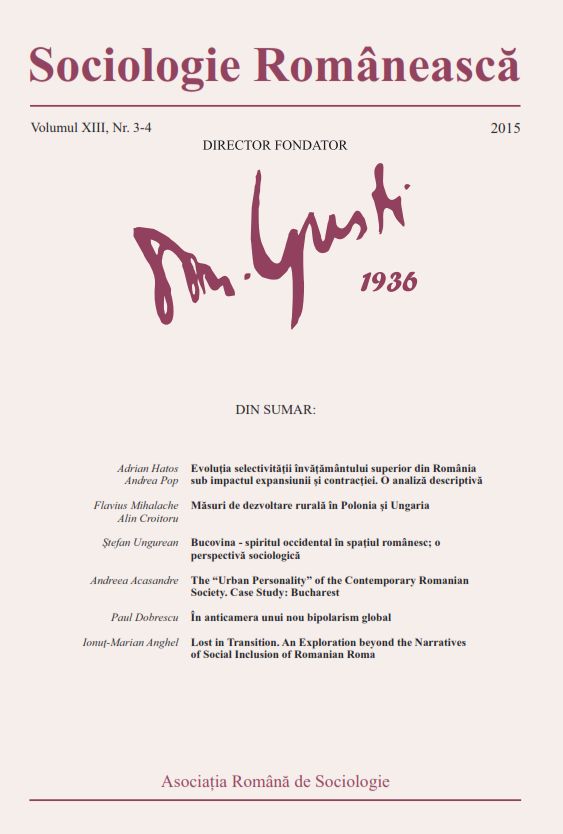Schimbări în educația românească în perioada de tranziție postcomunistă. Efecte asupra tinerei generații
Changes in Romanian Education during Post-communist Transition. Effects on Youth
Author(s): Sorin MitulescuSubject(s): History of Education, State/Government and Education, Sociology of Education
Published by: Editura Eikon
Keywords: corrective and reactive reforms; privatization in education; participation in education; intergenerational learning mobility; satisfaction with school;
Summary/Abstract: The system of education during communism had many shortcomings: underfinancing, low performance, regret and even social discrimination (despite praise from official propaganda on „free education”). The post-communist education reform has been corrective and reactive, driven by global pressures and limited by budget constraints but not only. The comparison at the level of several post-communist countries highlighted their common orientation. Romania has similarly embraced the imitative modernization process in line with Western values, privatization (partial), liberalism, the adoption of the Bologna process in higher education. The results of youth opinion polls since 1996, conducted within the Center for Studies and Certification for Youth Problems, have allowed us to analyze how transition youth reacted to education reforms. Although the reforms responded to unsatisfied needs in the communist period, the result was not an increase in the interest and trust of young people in school. The rate of participation of young people in education, although significantly increased compared to the period of communism (especially in higher education), remains low in a comparative European context.
Journal: Sociologie Românească
- Issue Year: 15/2017
- Issue No: 01+02
- Page Range: 113-126
- Page Count: 14
- Language: Romanian

